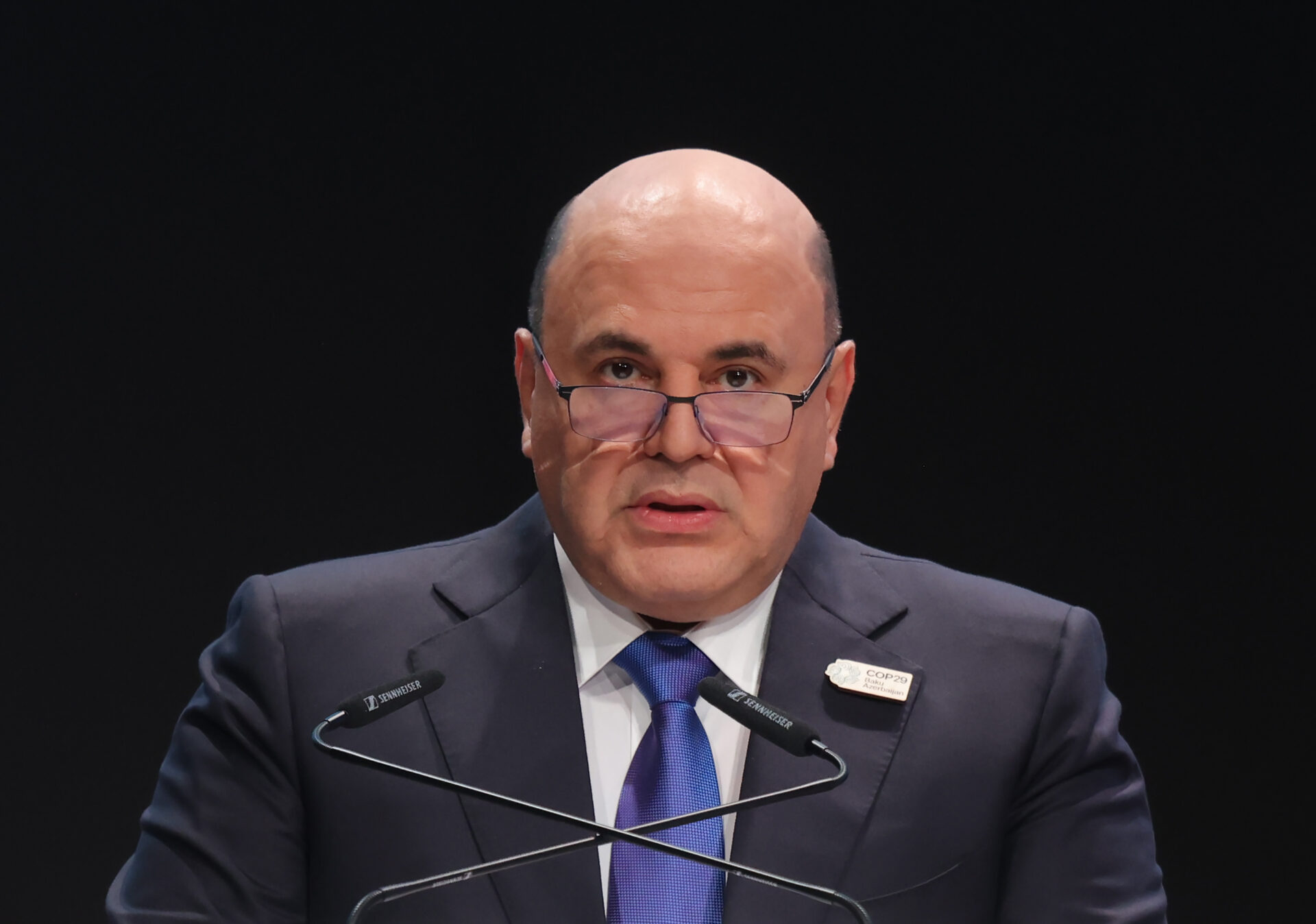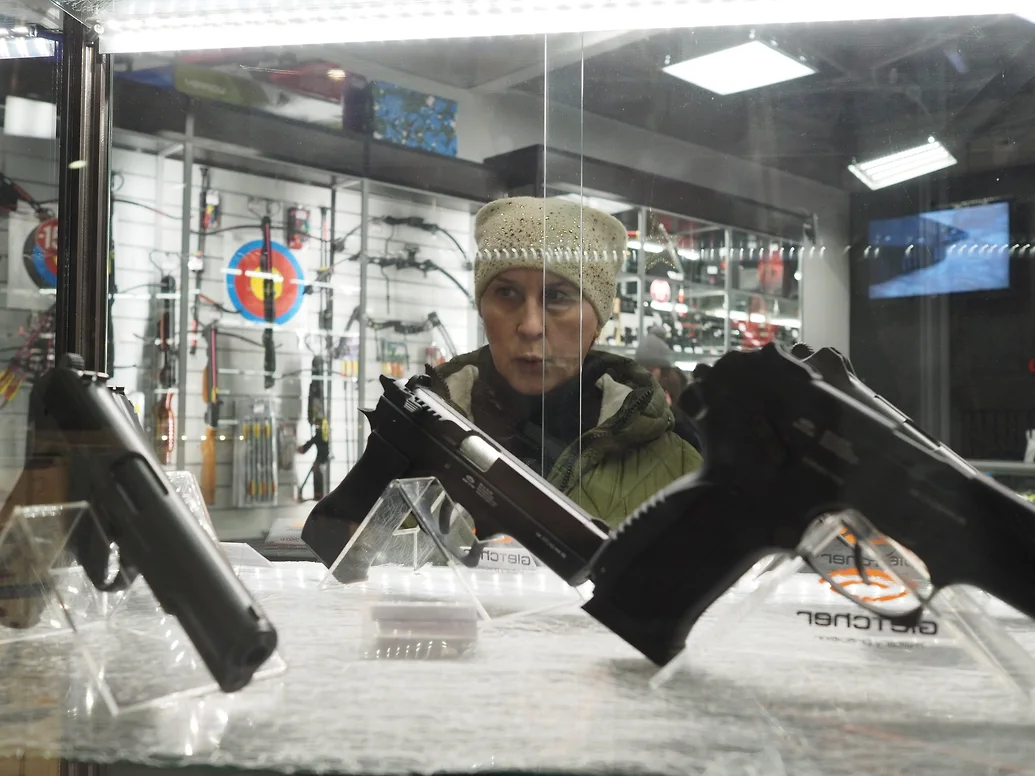
Putin’s Elites Could Become Proponents of Peace
Putin’s Elites Could Become Proponents of Peace
Executive Summary:
- Some Russian elites may quietly favor ending the Kremlin’s war against Ukraine, just as exhaustion and economic damage from World War I drove elites in the Russian Empire to push for the abdication of Tsar Nicholas II.
- Generational and social divisions shape elite attitudes toward Moscow’s war, with mid-level security operatives enforcing loyalty to Russian President Vladimir Putin and younger privileged figures largely indifferent to patriotism but obedient to Putin. Political, business, and military elites in their 60s, most of whom have family ties to the old Soviet old Soviet nomenklatura, pose Putin’s greatest threat.
- Only Putin’s closest, aging courtiers appear to remain fully committed to continuing the war. The broader elite, motivated by personal safety, economic opportunity, and potential career advancement, might cautiously explore avenues for negotiating an armistice or ending hostilities.
The end of World War I has never been a significant anniversary in Russia because the Bolshevik government signed a separate peace with the Central Powers in March 1918, thereby breaking its commitments to the Allies. Instead, Russia celebrates “National Unity Day” on November 4 to commemorate the end of the “Times of Troubles” in the early seventeenth century, which has scant meaning for the majority of Russians (Izvestiya; TopWar.ru, November 4; see EDM, November 13).
The Kremlin’s war against Ukraine has already continued longer than the Russian Empire’s involvement in World War I, which was a central cause of its collapse in 1917 (Kommersant, November 15). Exhaustion and anger about World War I led many elite groups to demand and support the abdication of Tsar Nicholas II in March 1917. The resulting provisional government’s inability to bring the war to an end catalyzed the Bolshevik Revolution in November 1917, followed by the Russian Civil War, which ended on the European front when the last ship carrying the survivors of the White Armies left Sevastopol on November 16, 1920 (Novaya Gazeta, November 11, 2020). These historical comparisons raise the possibility that some present-day elite groupings may internalize the strong preference for ending the war in Russian society and act as promoters of a peace deal (Levada Center, November 11).
This question gained a new currency last week as the Kremlin sought to dispel rumors about plans to dismiss Russian Foreign Minister Sergei Lavrov (Vedomosti, November 7; NV.ua, November 12). Russian President Vladimir Putin’s irritation with his top diplomat was allegedly caused by Lavrov’s failure to prepare ground for the summit with U.S. President Donald Trump in Budapest during a call with U.S. Secretary of State Marco Rubio, where the Russian foreign minister indicated little willingness to compromise (Carnegie Politika, November 11). Lavrov tried to explain away both Russia’s inflexibility over Ukraine and alleged dissatisfaction in the Kremlin in a lengthy interview, but his absence from several major domestic and international meetings, including the forthcoming Group of 20 (G20) summit in Johannesburg, South Africa, cannot be denied (RIAC, November 11; Riddle, November 14). Lavrov, by no means a natural “hawk,” would have been a perfect interlocutor for negotiating parameters of a peace deal desired by Trump, but as a loyal servant to Putin, he can only take the blame for the situation (The Moscow Times, November 13).
Putin’s newly minted negotiator, Kirill Dmitriev, performed a different diplomatic flop when he tried to open a back channel to Washington and found no interest (Kommersant, October 26). Unlike Lavrov and Putin’s trusted foreign policy adviser Yuri Ushakov, who are both in their mid-70s, Dmitriev is just 50 years old and has risen to prominence thanks to his wife’s friendship with Putin’s daughter, Ekaterina Tikhonova (Vazhnie Istorii, February 18). This generation of sons and daughters of the old timers who still hold key positions in the “power vertical” is increasingly visible in Moscow’s high society and business milieu, where they are eager to occupy the niches vacated by departed Western companies (Forbes.ru, July 5). One large-scale investigation published by the opposition media last week exposed the spectacular spread of nepotism in the Russian system of power (Proekt Media, November 10). These “princes” are generally still two to three levers below executive positions of control over money flows, but they form a social strata in which “patriotism” is a meaningless notion and war is far from popular (The Moscow Times, November 14).
In the brutal competition for access to power, the likes of Dmitriev or Dmitri Patrushev—son of Nikolai Patrushev, one of Putin’s long-term aids, who has risen to the position of Deputy Prime Minister—are no match for mid-level operatives from the security services, who execute expanding purges, primarily of regional elites (Carnegie Politika, October 9). Putin typically shows benevolence to young opportunists born to privilege, knowing that their ambitions are curtailed by intrinsic feelings of obedience and risk-avoidance (Vazhnie Istorii, July 29). Concerns about loyalty and physical safety increasingly drive Putin’s cadre choices and political decisions, so access to his personal space has been severely restricted (The Moscow Times, November 11). Another recent investigation revealed that he has abandoned his favorite residence in Sochi, as it is too exposed to Ukrainian drones, and resides primarily in his isolated palace in Valdai, where a replica of the formal cabinet in Novo-Ogarevo is used to stage misleading media appearances (Nastoyashee Vremya, November 11).
The elite group that Putin needs to worry most about is the politicians, generals, and business leaders in their early 60s, such as Prime Minister Mikhail Mishustin or the Federal Security Service (FSB) Deputy Director Sergei Korolev, who are still subordinated to Putin’s old cronies (Radio Svoboda, November 13). This group is wise not to question Putin’s opinions, but has no stakes in the war he has made, and is very aware of its costs and the damage done to Russia’s economy (Nezavisimaya Gazeta, November 11; Re: Russia, November 14). Corruption is a natural environment for these veterans of many crises, but sanctions punish them and prevent them from having access to assets accumulated in former Western “safe havens” (Carnegie Politika, November 13). An armistice might change this and could also open new career opportunities—Russian corporations, for instance, such as Rosneft, may have to purge notorious characters such as Igor Sechin to regain their position in the world markets (see EDM, April 29, 2024; The Moscow Times, November 14).
Putin’s war against Ukraine aggravates tensions between various and typically disunited elite groups in Russia. They might find a common interest in promoting, with all possible caution, however, the prospect of ending it. The underachievers in their early 60s, most of whom have family ties to old Soviet nomenklatura, may have a different sense of history than Putin, who is obsessed with reasserting dominance over Ukraine, and can be wary about new “times of troubles.” The younger “aristocracy” may have scant understanding of the war-tiredness in the general populace, but they resent the “heroes” whom Putin promotes as the “new elite.” The only cohort that appears to be committed to Putin’s war is his shrinking circle of aging courtiers, who see the risks of staying the course as lesser than those of ending it. They live—together with the lonely autocrat—in the past and are deaf to the lessons of history, which have unpredictable means of punishing such ignorance.


